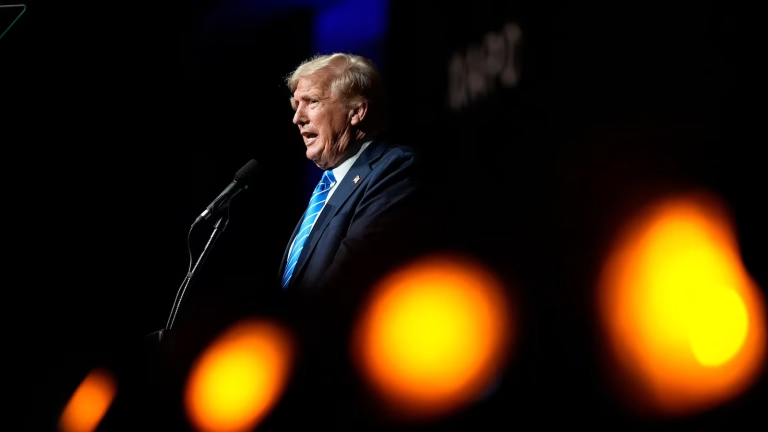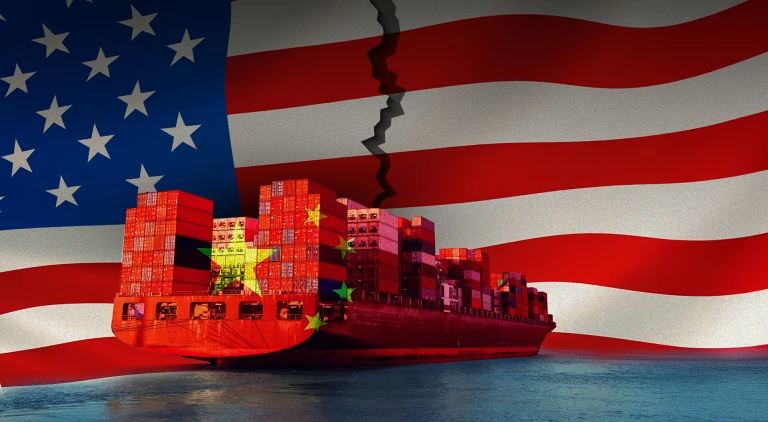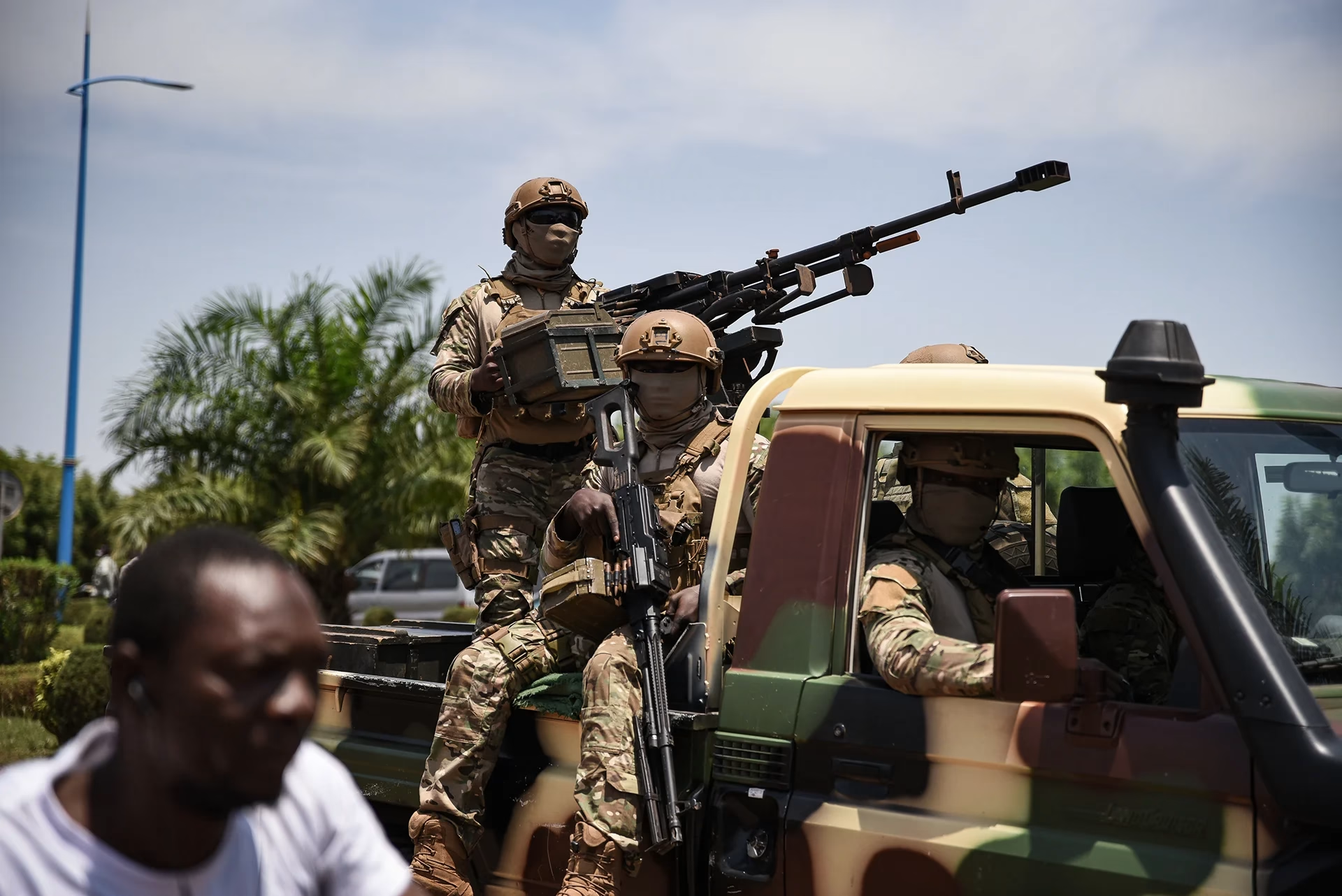
Between the interests of Russia, France and the Tuareg: Mali, a key country in the troubled Sahel
Mali is becoming the epicenter of global confrontation. After the failure of French influence, the country has shifted its focus to Russia, China and Turkey, becoming a battleground for control of strategic resources and transportation corridors. The country, rich in gold and uranium, risks becoming a “perpetual hotspot” in the heart of Africa.
How France lost the battle for Mali
The Republic of Mali has for centuries been the center of major empires controlling the trans-Saharan trade between Africa and Europe. The struggle for gold and trade routes involved local ethnic groups and outside forces, and from the 16th century onward, European influence, especially that of France, increased. By the mid-nineteenth century the territory had become a colony (French Sudan), but the French could not overcome the disunity between the agriculturalists and the nomadic Tuareg.
Apart from the power of Paris, the only economic integrating factor was the benefit of joint exploitation of natural resources, and the cultural factor was Islam. But under colonial oppression, income was minimal, and a common religion made it impossible to avoid conflict and build a strong unified nation.
This situation is relevant now and is the basic cause of civil conflicts in Mali. The current round of this confrontation began in the early 2010s, when Tuareg and Islamist groups seized control of the northern regions, including the cities of Timbuktu and Gao. To stop them in January 2013, France launched the operation Serval. After six months, most of the northern territories were liberated, but conflicts continued. But it was a Pyrrhic victory because outside the major cities, the European army was helpless against the “desert guerrillas” who terrorized the local population, whose patience quickly wore thin and whose anger turned toward Paris.
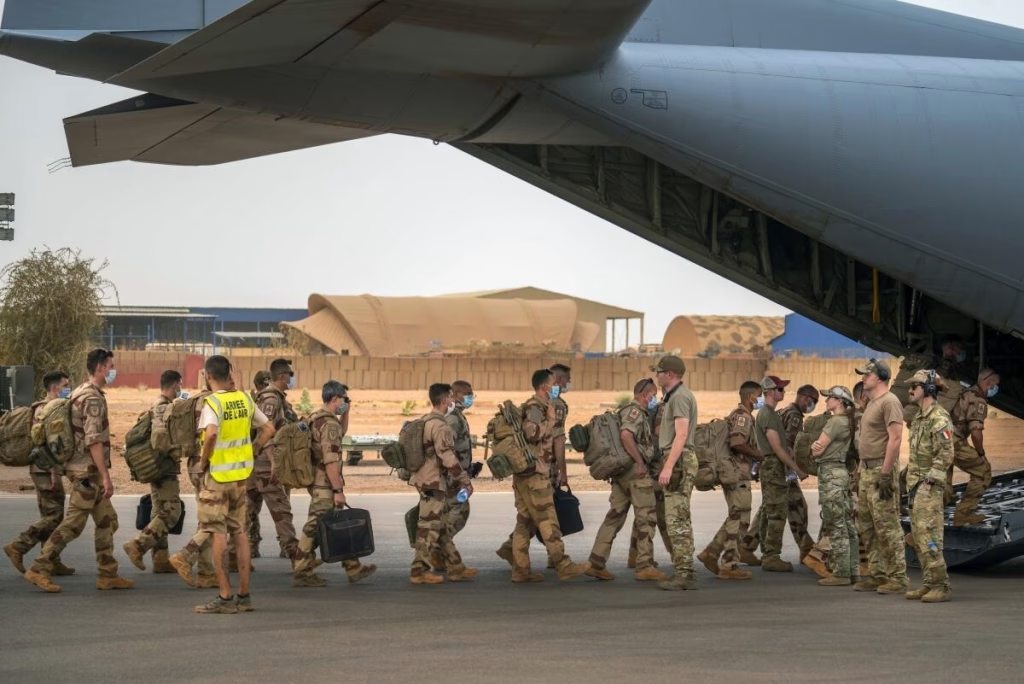
Photo by Jerome Delay / Associated Press
This led to the overthrow of pro-French President Ibrahim Boubacar Keïta in August 2020 in another military coup. Power passed to the National Committee for the Salvation of the People (CNSP) led by Colonel Assimi Goïta, who promised to overcome the remnants of latent colonial dependency and defeat radical rebels. China and Russia immediately tried to take advantage of France’s weakness. But Moscow’s patronage did not promise to be quiet, because the French benefited from continued instability, and Tuareg and Islamist activity helped these plans.
Mali remains in a state of permanent instability after the 2020-2021 military coups. Transitional President Assimi Goïta, has repeatedly postponed elections, citing the need for constitutional reform and stabilization of the country, especially in the northern regions due to ongoing conflicts with Tuareg and Islamists. The 2024 referendum on a new constitution, held with a low turnout of 38%, cemented his authoritarian powers. However, the unstable political situation inside the country and external pressure mean that elections may not be held for years to come for fear of a pro-Western or Islamist coup, which only reinforces separatism.
Gold and bullets: a vicious circle for Mali
Separatism remains a key problem in Mali. Especially in the north, where Tuareg (MNLA) and Islamist (JNIM, Ansar al-Din) groups are active, controlling up to 30% of the territory. The situation is also complicated by ethnic Dogon separatists. Although there is a civilized opposition of “European type” in major cities, but, as in many African countries, it is simply drowning in rigid tribalism. And Russia, represented by the already renowned Wagner, is facing the same problems as France, which once failed Operation Barkhan, which led to the overthrow of the pro-French Ibrahim Keith.
Since 2021, the country has refocused on Russia, beginning cooperation with the PMC Wagner. The initial successes of Russian mercenaries created an image of “invincibility of Russian weapons”, but by 2024 militants adapted to their tactics and reduced the effectiveness of the Russian PMC. The crisis came on July 27, 2024, when a Wagner company was ambushed by the JNIM in Kidal region, undermining the group’s reputation. Like the French in 2014, the Russian mercenaries, having taken control of cities, were helpless against guerrilla tactics in the desert. Moreover, their actions have provoked the consolidation of Islamist and separatist forces, aggravating the situation of Goïta’s transitional government.
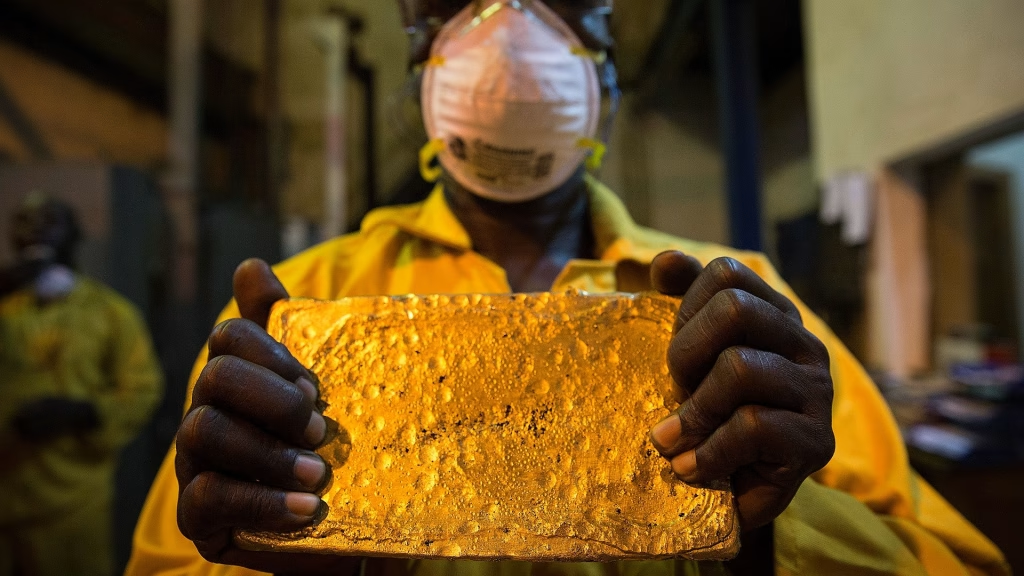
Domestic economic pressures are also having a negative impact. Mali, while remaining one of the poorest countries in the world, is facing a complex crisis: external pressure from ECOWAS and France, internal conflicts and economic difficulties. About 75% of the population lives in rural areas where agriculture suffers from desertification. The economy is based on gold mining (Mali is the third producer in Africa), but development of other deposits (uranium, iron ore, lithium) is difficult due to instability and poor infrastructure.
In January 2024, the country withdrew from The Economic Community of West African States (ECOWAS) in response to sanctions, refocusing on an alliance with Burkina Faso and Niger within the Confederation of Sahel States. Prospects for development involve finding new partners, including China, which has shown interest in lithium deposits in the Baoulé region of Mali. But mining in the north of the country faces challenges due to harsh desert conditions and conflicts. In addition, poor infrastructure, conflicts with Tuareg and Islamists, environmental risks and lack of a processing industry are major obstacles to resource extraction.
Mali’s changing allies amid the crisis
External influences on Mali are also ambiguous. After decades of close cooperation with France, the country severed relations with the former metropolis in 2022-2023, demanding the withdrawal of French troops and accusing it of violating sovereignty. The US also cut military cooperation, imposing sanctions after the 2020-2021 coups. The US also funded training for the Malian army, but their cooperation declined after the coups. In 2022, sanctions were imposed against the new government. In addition, the new US administration has emphasized military cooperation with Algeria, and influence in Mali, which constantly threatens its northern neighbor with Tuareg attacks, is key to successful negotiations.
The resulting vacuum has been filled by Russia, which has become a major military partner since 2021 through arms shipments, sending trainers and the PMC Wagner. In return, Moscow received access to gold and uranium deposits, as well as political support from the Confederation countries in the international arena. At the moment, there are prospects for expanding the Russian military, political and economic presence, but they face the same challenges as before – instability and a complex internal situation in Mali.
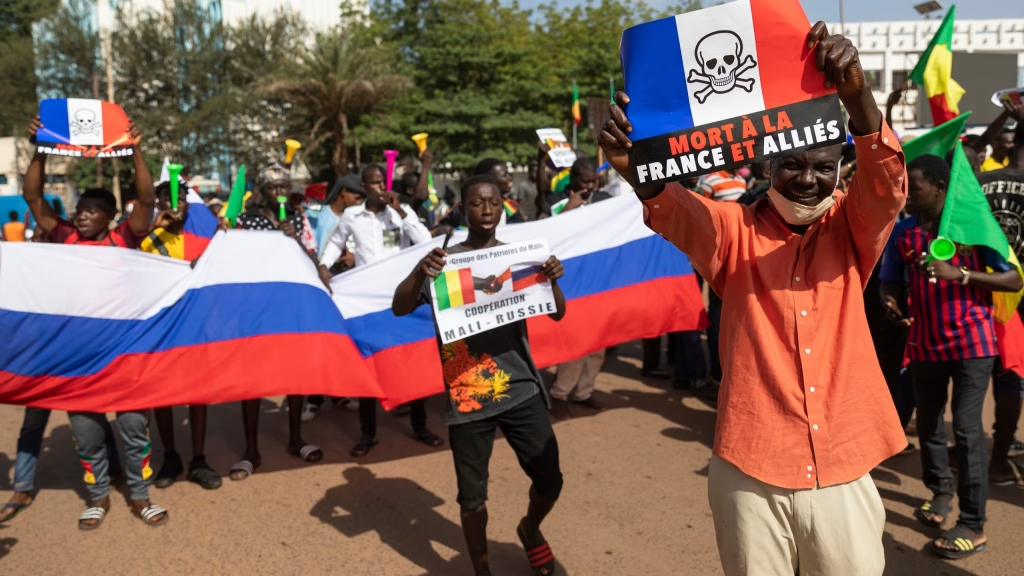
Other external players are active in Mali. China maintains a pragmatic approach, investing in infrastructure and mining, but avoiding criticism of the regime and offering only military equipment without other interventions. Turkey, on the other hand, has been actively building influence through its “Opening Africa” program, becoming Mali’s key partner. Turkey supported Mali’s transitional government after the 2020-2021 coups, despite criticism from the EU and ECOWAS, and advocates for a solution to the crisis through the Organization of Islamic Cooperation (OIC), emphasizing Islamic solidarity. Ankara is supplying Bayraktar TB2 attack drones and training the Malian military, positioning itself as an alternative to France. Algeria’s position stands apart, and it has regularly expressed concern over Mali’s tearing up a peace deal with Tuareg rebels. The ceasefire agreement was brokered by Algeria in 2015. In January 2024, Mali’s new authorities terminated the agreement, expressing claims to Algeria for “changing positions of certain signatory groups” and “acts of hostility”.
The West African Economic Community imposed sanctions on Mali after the coups, which caused the country to withdraw from the community in 2023, and this brought Mali closer to the military regimes of Burkina Faso and Niger. The dynamics of events also show Mali’s shift from West to East, with strengthening ties with Russia, Muslim countries and China. At the same time, resolving internal conflicts related to jihadists and Tuareg groups remain an important task for the new government. Mali is becoming a “testing ground” for competition between global powers, where strategic resources play a key role, but security continues to decline.
Indeed, Mali gives Russia an opportunity to counter the influence of traditional Western powers. Moscow counts on the support of the Confederation countries in international organizations, including the UN, while strengthening its position in Africa’s strategically important Sahel region. In addition, Russia is ready to offer Mali military and technical assistance in the fight against terrorism and extremism, which is in the interests of both sides as Mali faces the threat of Islamist groups. Finally, Russia is interested in cooperating in the extraction of natural resources such as gold, as well as investment in infrastructure. But quiet cooperation is hampered by problems of political instability, poverty, and an underdeveloped economy that makes it difficult to implement large projects.
Russia also faces competition from other countries such as France, Turkey, China and the United States. International sanctions against Russia could complicate economic cooperation with Mali, and the presence of Islamist groups and regional separatism in the north of the country pose threats to investment. The landlocked nature of Mali and the Sahel Confederation as a whole makes transportation solutions difficult, compounding all the difficulties, and Mali, as a key country in the troubled Sahel, will remain sandwiched between Russian, French and Tuareg interests for years to come.
